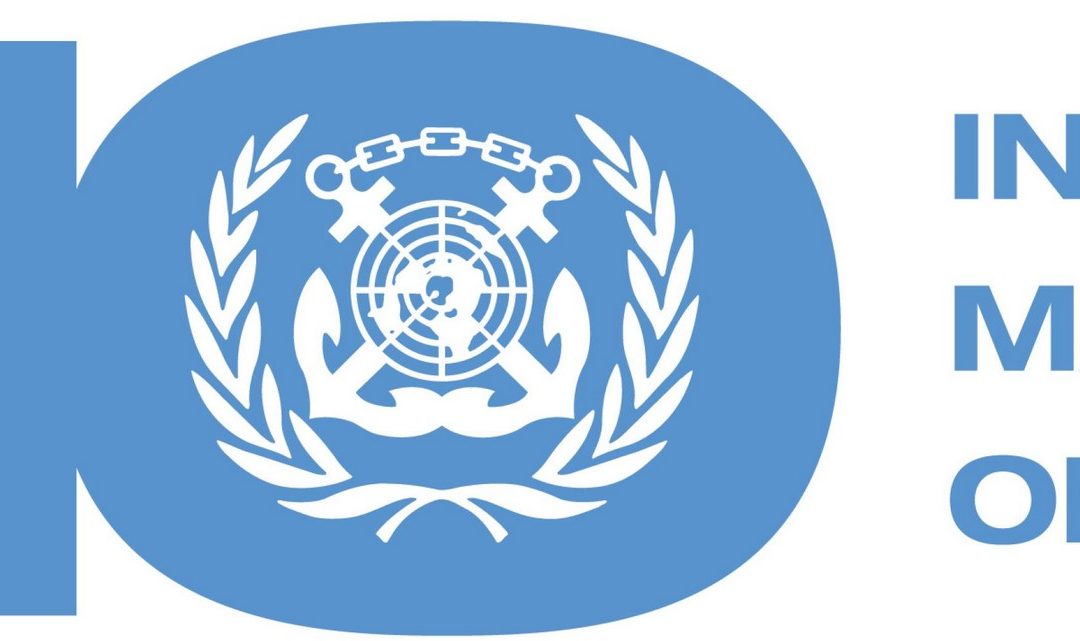International Code for the Construction and Equipment of Ships Carrying Dangerous Chemicals in Bulk, will be available to order later this month.
This edition of the Code incorporates a number of amendments, including:
– resolutions MEPC.302(72) and MSC.440(99) amending the model form of International Certificate of Fitness for the Carriage of Dangerous Chemicals in Bulk, which entered into force on 1 January 2020.
– resolutions MEPC.318(74) and MSC.460(101), amending chapters 1, 15, 16, 17, 18, 19 and 21, including a complete revision of the product information set out in chapters 17 and 18, which enters into force on 1 January 2021.
The purpose of this Code is to provide an international standard for the safe carriage, in bulk by
sea, of dangerous chemicals and noxious liquid substances listed in chapter 17 of the Code. The
Code prescribes the design and construction standards of ships, regardless of tonnage, involved in
such carriage and the equipment they shall carry to minimize the risk to the ship, its crew and the
environment, having regard to the nature of the products involved.
The basic philosophy of the Code is to assign, to each chemical tanker, one of the ship types
according to the degree of the hazards of the products carried by such ships. Each of the products
may have one or more hazardous properties, including flammability, toxicity, corrosivity and
reactivity, as well as the hazard they may present to the environment.
Throughout the development of the Code it was recognized that it must be based upon sound naval
architectural and engineering principles and the best understanding available as to the hazards
of the various products covered. Furthermore, chemical tanker design technology is not only a
complex technology, but is rapidly evolving and therefore the Code should not remain static.
Thus, the Organization will periodically review the Code, taking into account both experience and
technical developments.
Amendments to the Code involving requirements for new products and their conditions of carriage
will be circulated as recommendations, on an interim basis, when adopted by the Maritime Safety
Committee (MSC) and the Marine Environment Protection Committee (MEPC) of the Organization,
in accordance with the provisions of article VIII of the International Convention for the Safety of
Life at Sea, 1974 (SOLAS 74), and article 16 of the International Convention for the Prevention of
Pollution from Ships, 1973, as modified by the Protocol of 1978 relating thereto and by the Protocol
of 1997 (MARPOL), respectively, pending the entry into force of these amendments.
The Code primarily deals with ship design and equipment. In order to ensure the safe transport
of the products, the total system must, however, be appraised. Other important facets of the safe
transport of the products, such as training, operation, traffic control and handling in port, are being,
or will be, examined further by the Organization.
The development of the Code has been greatly assisted by a number of organizations in consultative
status such as the International Association of Classification Societies (IACS) and the International
Electrotechnical Commission (IEC).

